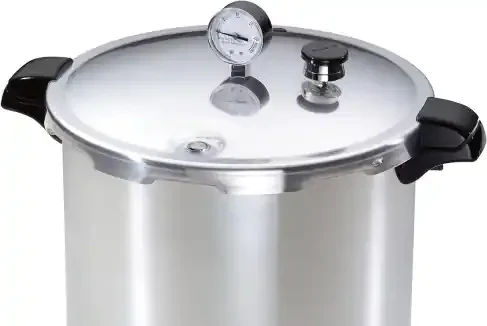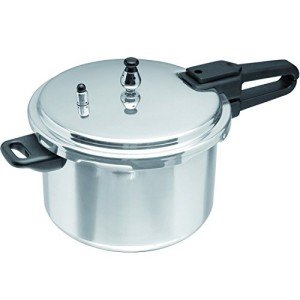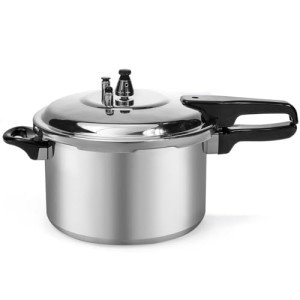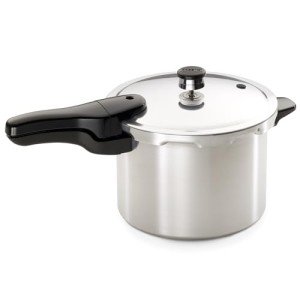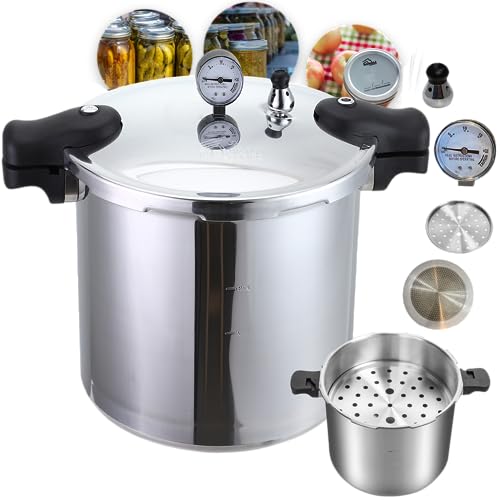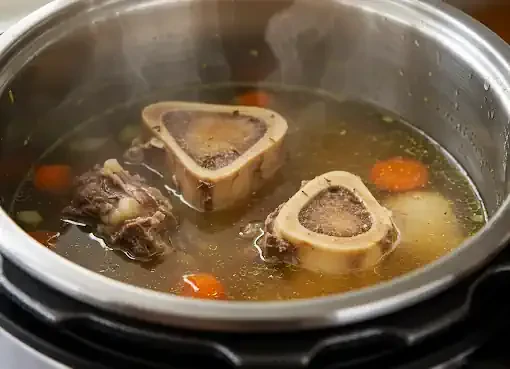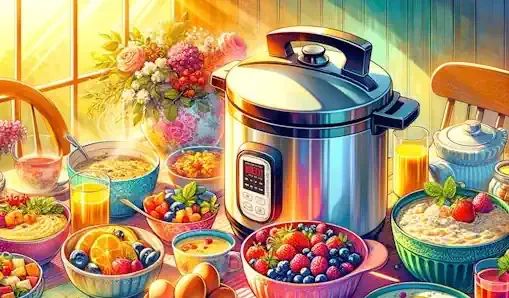Can Pressure Cookers Explode? The pressure cooker has stood the test of time, evolving from a basic pot to a sophisticated cooking tool. This article delves into the often-misunderstood aspect of pressure cooker safety, particularly the fear of explosions, and how modern design has addressed these concerns.
Historical Context: The Fear of Pressure Cooker Explosions
The inception of pressure cookers dates back to the 17th century, but it was not until the 20th century that they became a household item. Early models, while innovative, had rudimentary safety features, leading to occasional accidents. These incidents, often exaggerated over time, have fueled a lingering myth that pressure cookers are prone to explosions.
Modern Innovations: A Leap in Safety
Today's pressure cookers are a far cry from their predecessors. They are equipped with multiple safety features, such as locking lids, pressure release valves, and gaskets, which prevent the lid from being opened while under pressure. These enhancements drastically reduce the risk of accidents.
Understanding Pressure Cooker Mechanics
To appreciate the safety of modern pressure cookers, one must understand their basic mechanics. A pressure cooker operates by creating a high-pressure environment inside the pot, which raises the boiling point of water and cooks food faster. This pressure is carefully controlled and released through designated vents.
Debunking the Explosion Myth
The primary concern leading to the myth of exploding pressure cookers is the build-up of pressure beyond the cooker's capacity. However, with today's models, multiple redundancies are in place. Pressure release valves act as a safeguard, releasing excess pressure. Moreover, the locking mechanisms ensure that the lid cannot be accidentally opened while the cooker is pressurized.
Misuse and Malfunction: Rare but Possible
While modern pressure cookers are designed with safety in mind, user error or product malfunction can still pose risks. Overfilling the cooker, obstructing the steam vents, or using a damaged cooker can lead to dangerous scenarios. However, these are rare and often due to neglect of basic safety guidelines.
Maintenance: Key to Longevity and Safety
Regular maintenance plays a crucial role in the safe operation of pressure cookers. This includes inspecting the rubber gasket for wear and tear, ensuring the pressure valve is free from blockages, and following the manufacturer's guidelines for use and care.
The Role of User Responsibility
The safety of pressure cookers, as with any kitchen appliance, largely depends on the user. Reading the instruction manual, understanding the cooker's specific features, and adhering to recommended usage practices are essential steps in ensuring safety.
Pressure Cookers in Professional Settings
In professional kitchens, pressure cookers are widely used due to their efficiency and safety. Chefs rely on these tools for quick cooking, trusting the advanced safety features that modern pressure cookers offer. This widespread professional acceptance further dispels the myth of pressure cookers being unsafe.
The Psychological Factor: Overcoming Fear with Knowledge
The fear of pressure cooker explosions is often rooted in a lack of understanding. Education about the appliance's mechanics and safety features can help demystify the device and alleviate fears. Knowing that modern pressure cookers are designed with multiple safety checks can reassure even the most hesitant users.
Embracing Modern Pressure Cookers
While the legacy of early pressure cooker incidents has contributed to a persistent myth, the reality is that modern pressure cookers are safe, efficient, and a valuable asset in the kitchen. By understanding the mechanics, adhering to safety guidelines, and performing regular maintenance, the risks associated with pressure cookers can be minimized, allowing cooks to harness their full potential without fear.
The evolution of the pressure cooker is a testament to the advancements in kitchen safety and technology. As myths are debunked and fears are alleviated, these appliances can be appreciated for what they truly are: a testament to human ingenuity in making cooking faster, easier, and safer.
